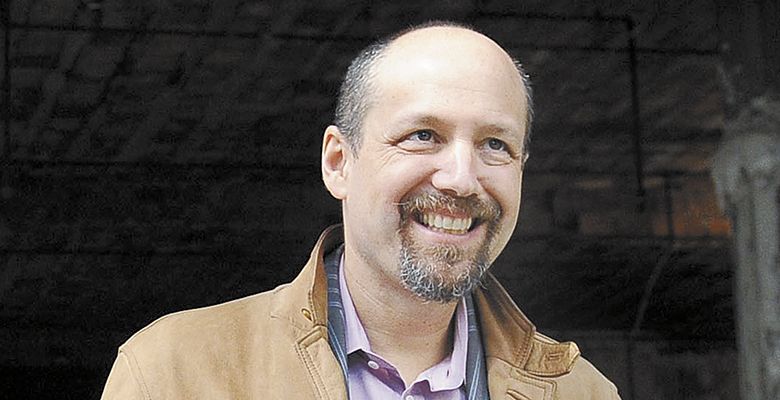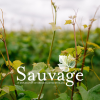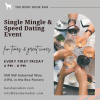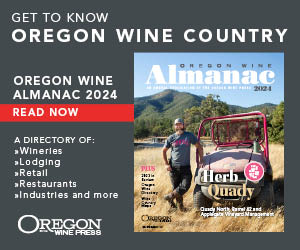New York’s Winest
Michael Dorf’s love of music led him to create the Knitting Factory in 1987, which quickly became New York City’s hottest venue for independent music. One year later, he launched Knitting Factory Records and signed a deal with A&M Records. In 1994, Dorf pioneered live webcasting to broadcast the first live music streams from a club anywhere in the world.
His own spiritual journey moved him to found Tribeca Hebrew in 2004. He has also raised philanthropic funds for music education for underserved youth, creating an annual series of tribute concerts at Carnegie Hall, raising more than $400,000 for those charitable programs in the last six years.
In 2008, Dorf’s passion for wine inspired him to create City Winery, Manhattan’s first fully operational winery, complete with two wine bars, a cheese bar, restaurant and a performance space. City Winery has now expanded to Chicago, Nashville and Napa; locations in Atlanta, Boston and Toronto are slated to open by the end of 2016.
Originally from Milwaukee, Dorf lives in Tribeca with his wife, Sarah Connors, an accomplished film producer, and their three children.
OWP: Describe one of the most memorable wines you have ever tasted.
MD: Having dinner in Puligny, Burgundy, in the one little restaurant connected to the one little hotel in the village. It was 1990. We splurged and ordered some Grand Cru of Le Montrachet; drinking it with the local cuisine was the most sublime experience. It was about a 10- or 12-year-old bottle, and the wine exploded in my mouth; it was magical. Every sip was more precious than the one before. I could not remember ever having a white wine so delicious, so big, so complex. It was the night I realized I needed to start a wine collection.
OWP: Do you think New Yorkers aware of or interested in Oregon wine?
MD: We have sold out of every Willamette tasting we have done since opening. There are many of us in New York who realize how important the terroir is in Oregon, how it is different than California, and how the wine community is interested in sustainable farming practices. We are not that out-to-lunch in New York and solely obsessed with big Cabs from Napa and Super Tuscans.
OWP: Which wine region has most recently intrigued your palate?
MD: Every week I seem to be turned on by a new location or reminded about an old love. I’ve gotten back into Barolo the last few months, but more exotic areas like Assyrtiko from Santorini are always surprising me, or I’ve explored some Okanagan Valley wines in B.C., as we are looking at Toronto as a location and considering Canadian fruit sources...
The fun part of wine is the discovery; there simply is not enough time to cover the entire world, and then do some time-travel in back vintages. It’s a giant matrix, and one could simply get lost exploring Burgundy — multiply the number of vineyards times the last 20 years, and then try and keep up year to year. One would need to drink 10 bottles a day, and that is just Burgundy. I would say three bottles a day to really stay on top of just the Willamette.
OWP: Have you ever met any musicians who were, surprisingly, really interested in wine and maybe even taught you something new about it?
MD: Many. It has been a very surprising and terrific experience opening City Winery and seeing this connection between winemakers and music makers. There are so many overlaps going in both directions, and I could, and should, write a book on this subject.
I’ll never forget a conversation with Suzanne Vega, Alvaro Palacios and me during a photo shoot for Food & Wine Magazine. The two of them hit it off with beautiful creative descriptions of food and wine. They are both so passionate and poetic about what they do, and for each other’s subjects. I think the artistry of a winemaker sometimes gets masked under the label of craftsperson. Yes, they are sculptures of the vine, but it is the intuitive and unique approach to what they are dealing with vintage to vintage that allows for some pretty decent fruit to turn into amazing wine. Same with music: Words, notes, good voices, great players are the good fruit, and knowing how to put it together with inspiration is the creative overlap.
OWP: You’re stranded in a log cabin on Mount Hood. (Why not an island? This is Oregon.) You are able to enjoy one last album, one last bottle of wine and one last food item on this, the last night of your life. Describe your picks.
MD: I am not going to think too long and hard on this … So, I will go with a Beatles record like Abbey Road or Let it Be; I’d most likely ask for a reasonably aged DRC (Domaine de la Romanée Conti) — why the f*@# not? — and I would have a risotto with fresh scallops, morels and white truffles as the side dish to some fresh lamb prepared by Thomas Keller.








